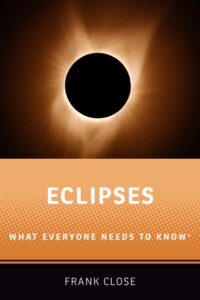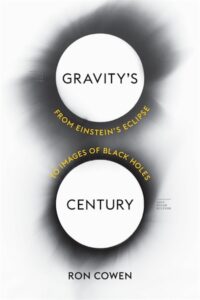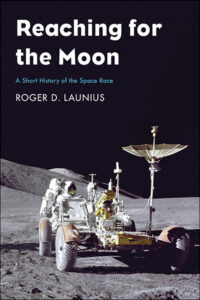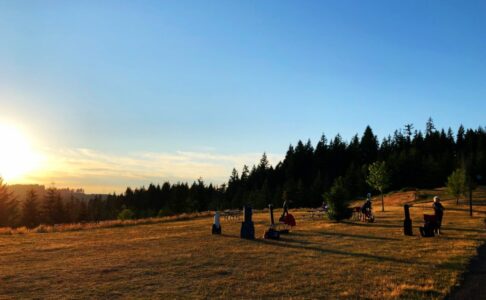If you don’t know what to do, and are always in the dark, living in a powder keg, and giving off sparks, it is entirely possible, as Bonnie Tyler so eloquently observed, that you may in fact be experiencing a total eclipse of the heart.

If you don’t know what to do, and are always in the dark, living in a powder keg, and giving off sparks, it is entirely possible, as Bonnie Tyler so eloquently observed, that you may in fact be experiencing a total eclipse of the heart.

29 May 1919 – teams of scientists in Brazil and on the west coast of Africa observed and documented the positions of stars during a total solar eclipse, the results of which when analyzed confirmed Einstein’s recently published theory of general relativity.
11 April 2017, a different team of scientists (those of the first team having long since retired, both professionally and existentially) completed five days of networked radio-telescopic observations of the event horizon of a black hole.
What do these two dates have in common? Read on…

Given all the talk about the Moon recently, you’d think there was a significant anniversary in the history of space exploration approaching.
You’d be correct, of course. The Apollo 11 mission launched on 16 July 1969 and its Eagle module landed on the Moon a few days later on 20 July, making 2019 the 50th anniversary of a human being setting a first foot on the moon.

On the last Saturday of June 2019, I found my way to L.L. Stub Stewart State Park off Oregon Highway 47 to meet up with some very nice folks from the Rose City Astronomers and a small group of also very nice beginning amateur astronomers – among the latter of whom I count myself. For […]